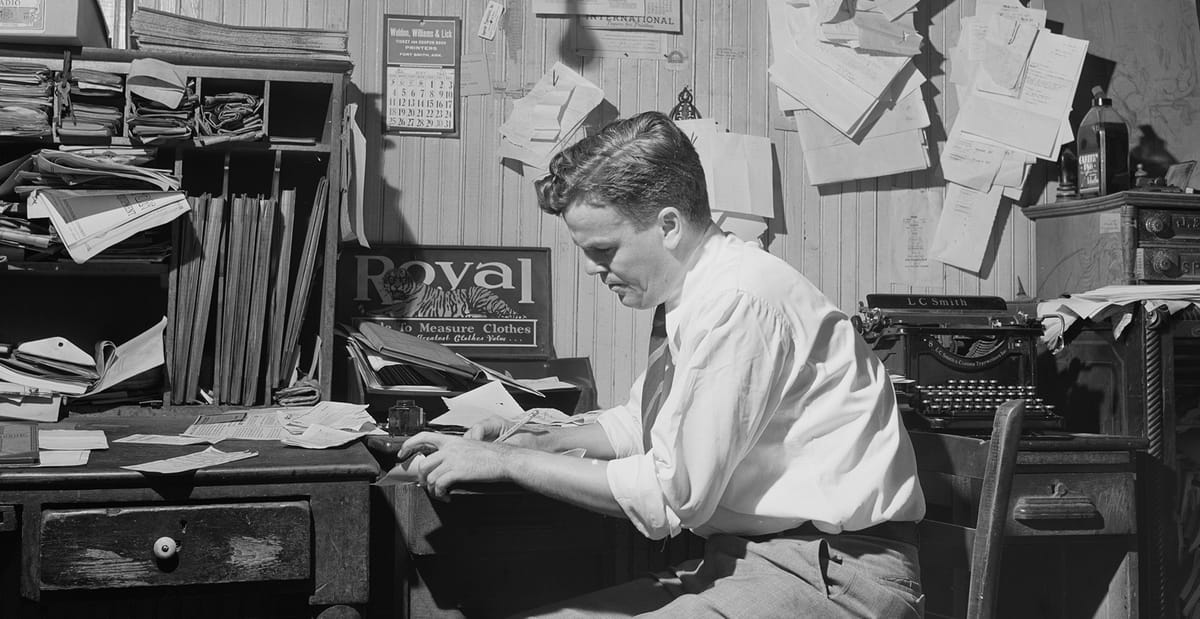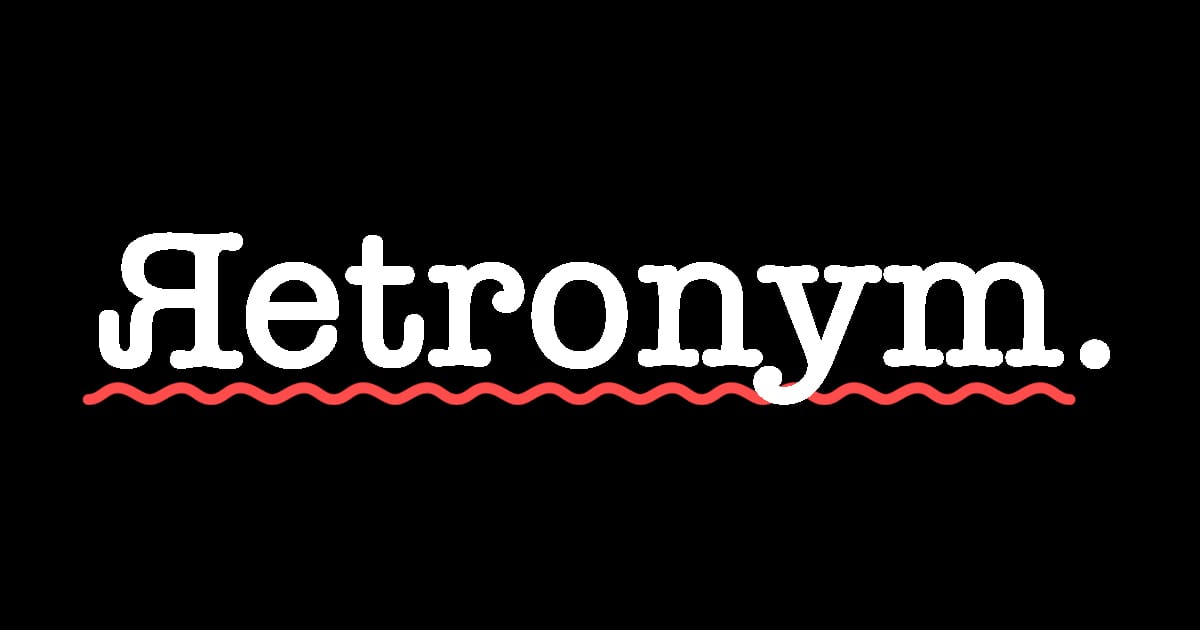In Defense of Editing
Editing is a bridge, a road, a sewer system — for media and culture. That infrastructure is weakened, but we can turn things around!

If we think about editing at all, it's usually with exasperation or confusion: How could that mistake happen? Where's the quality control? Who's minding the store over there?
But that's typical of infrastructure. We don't dwell on roads, bridges, or sewers, either. We're not supposed to. The invisible is only exposed when something has gone (sometimes seriously) wrong.
Like bridges, we tend to only care about editing when there's a collapse. When it's time to assess what led to a mistake, there's rarely a desire to improve a situation — by building in more editorial review, by prioritizing the editing process, by adding editors — and instead a rush to punishment and blame. And often this only compounds and worsens what lead to the breakdown: indifference, neglect, and, too often, shrinking budgets.
Editing and editors have never been sacred or untouchable. But since at least 2017, they have become increasingly marginalized pieces of the media machine, for all sorts of reasons: myopic executives, misplaced faith in technology, laziness, ego. And that has led to some high-profile — and many more under-the-radar — examples of truly bad outcomes.
Deprioritizing editing is easy when it’s slandered as a form of elite gatekeeping. In truth, editing is a necessary act of friction, deliberation, consideration, challenge, accountability — hardly in vogue at the moment but needed more than ever.
As Poynter assistant editor Kayla Randall perfectly articulates, editors are the bridge between the writer and the reader. And, I’d add, a bridge to a well functioning society — a road, to mix metaphors, away from confusion.
To torture the infrastructure metaphor further, editing is media's sewer system. It flushes out the crap and waste that gunks up what we create and clouds how we see the world. It's no coincidence we’re suffering through an all-time pile up of pink slime misinformation trash stinking up the culture at the same moment that we have a massive disinvestment in editing.
We could wallow in this problem forever. I'd rather focus on solutions, and how we change this paradigm.
I don't have answers for the structural impairments other than executives stop being greedy. But I do think there's a lot of good that can come from the bottom up — spotlighting good editing (and naming and shaming truly bad examples) and sharing what works, and why, to foster an editing-friendly culture.

That's what I want this newsletter, Retronym, to be: a celebration of editing.
There will be a particular focus on the journalistic because that’s my world, but editing is everywhere so its eye will wander. (This most definitely won’t be a media criticism space. We have more than enough of those.)
This publication will also be a way for me to share what I’ve learned over my 20 years as an editor — and what I’m learning now as the work morphs and evolves.
And it will be a very public exploration of what it means to be an editor in a culture that’s often antagonistic toward it.
A retronym is a term adopted to set a thing apart from another/more recent form. Film camera, for example, is a retronym of camera, distinguishing the old analog former from the newer digital latter. Or, as Lyrysa Smith eloquently puts it, it’s "a backward glance that signifies progress."
It’s also the perfect frame for grappling with my identity crisis as an editor grudgingly accepting his post-journalism exile. (”Post-journalism” is a term I heard used by Brian Morrissey, whose newsletter The Rebooting has been a constant guide since launching in 2020.)
Ideally, this will start as a biweekly publication. Also ideally, I'll have interviews with editors to dig into their work. (There's shockingly little in the way of editing literature/conversation.) And because I believe cinema is the essential cultural mirror (and because I can’t quit criticism), I’ll look at movies where journalists/editors figure prominently to see how film reflects the role they have, and have had, in American society.
If you're wondering if any of this conversation is for you, think about how much media you consume. Actually, consider how you dress, what you eat, where you spend your free time, who you spend it with, and any number of decisions you make every day. Those choices are editing as much as cleaning up an article. We all have a stake in the importance of this work: to demand better media, to demand a better culture, to demand more of ourselves.
Lofty? You bet.
Will I actually achieve what I hope with this publication? You bet?
Let's find out together.


Comments ()